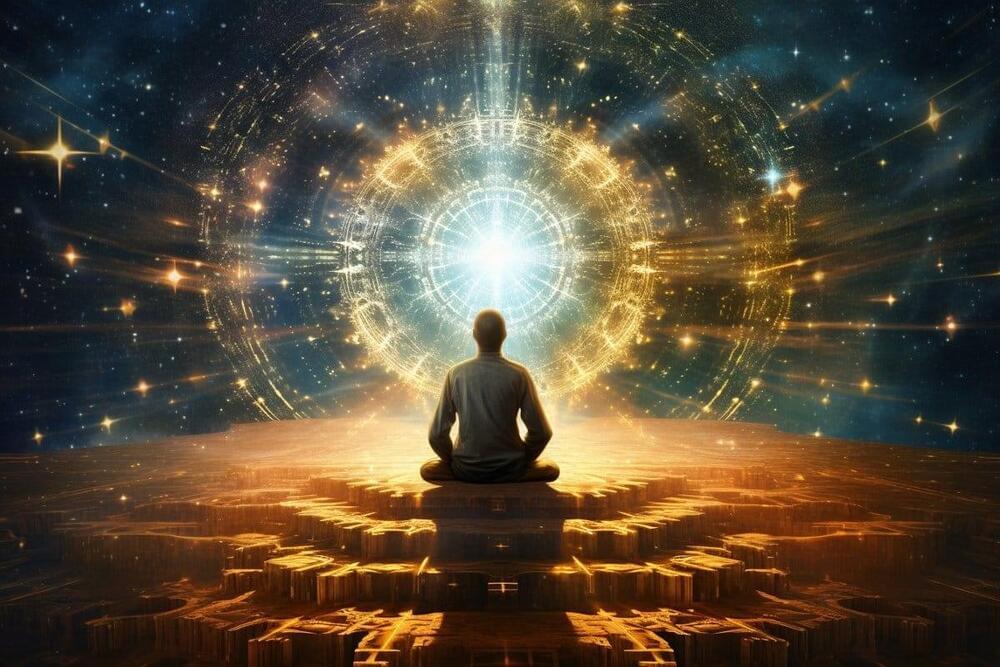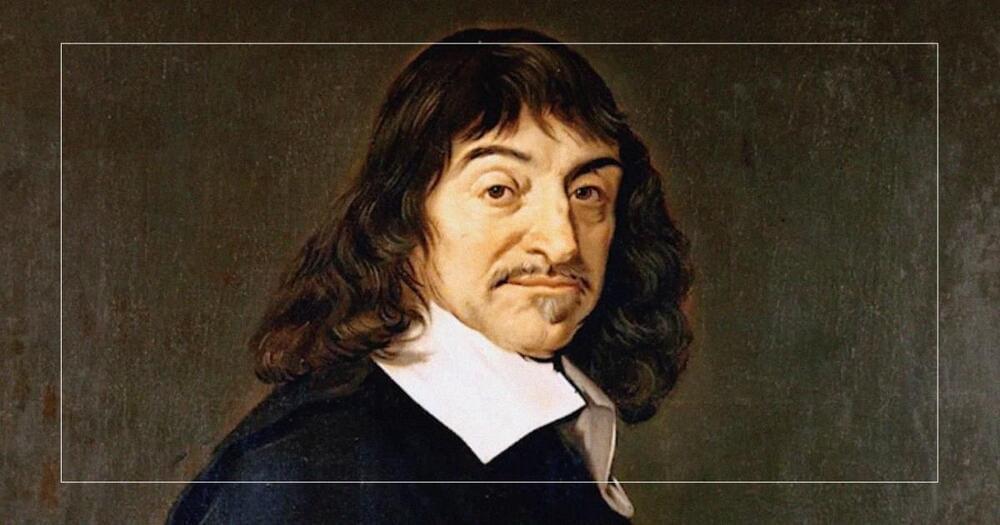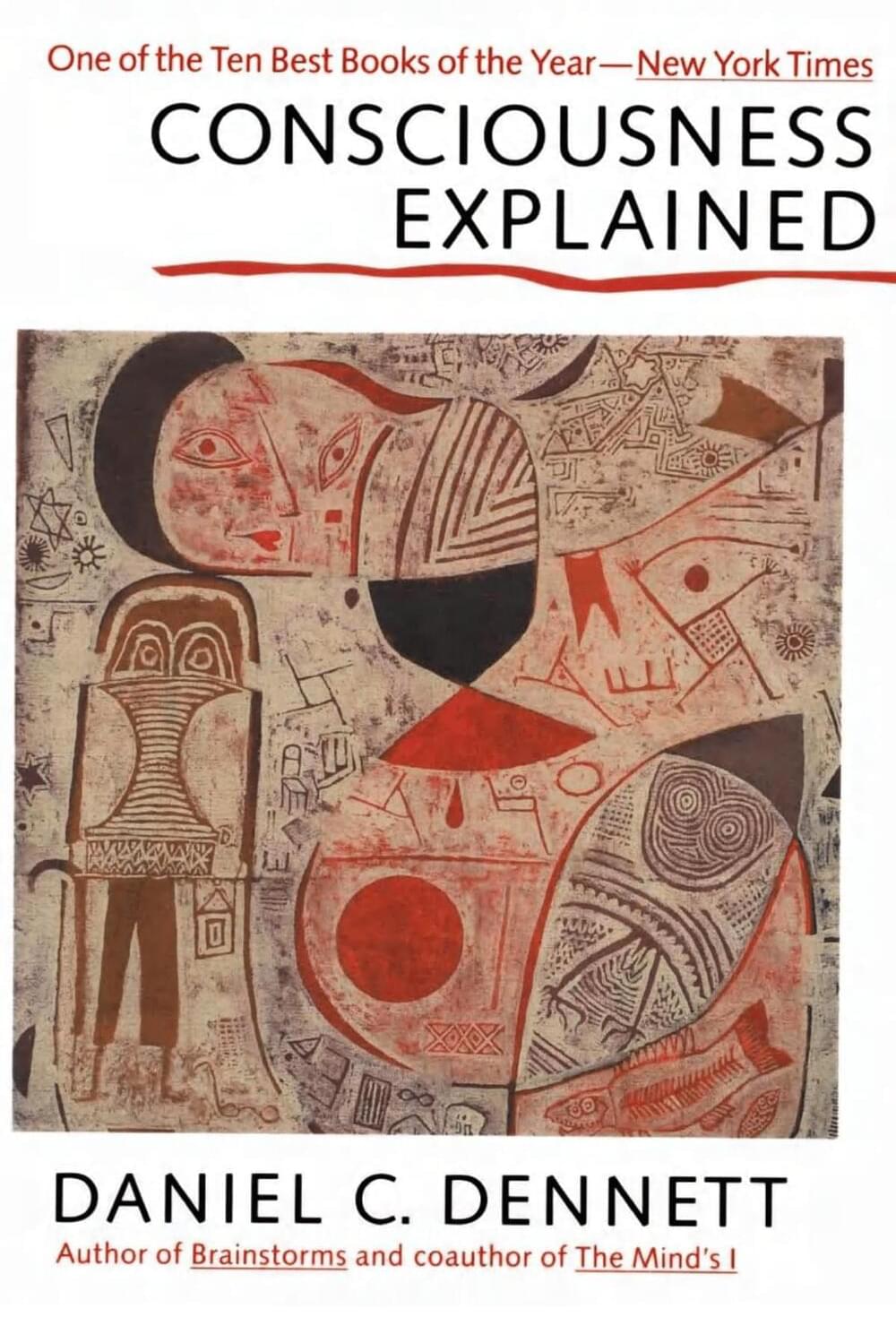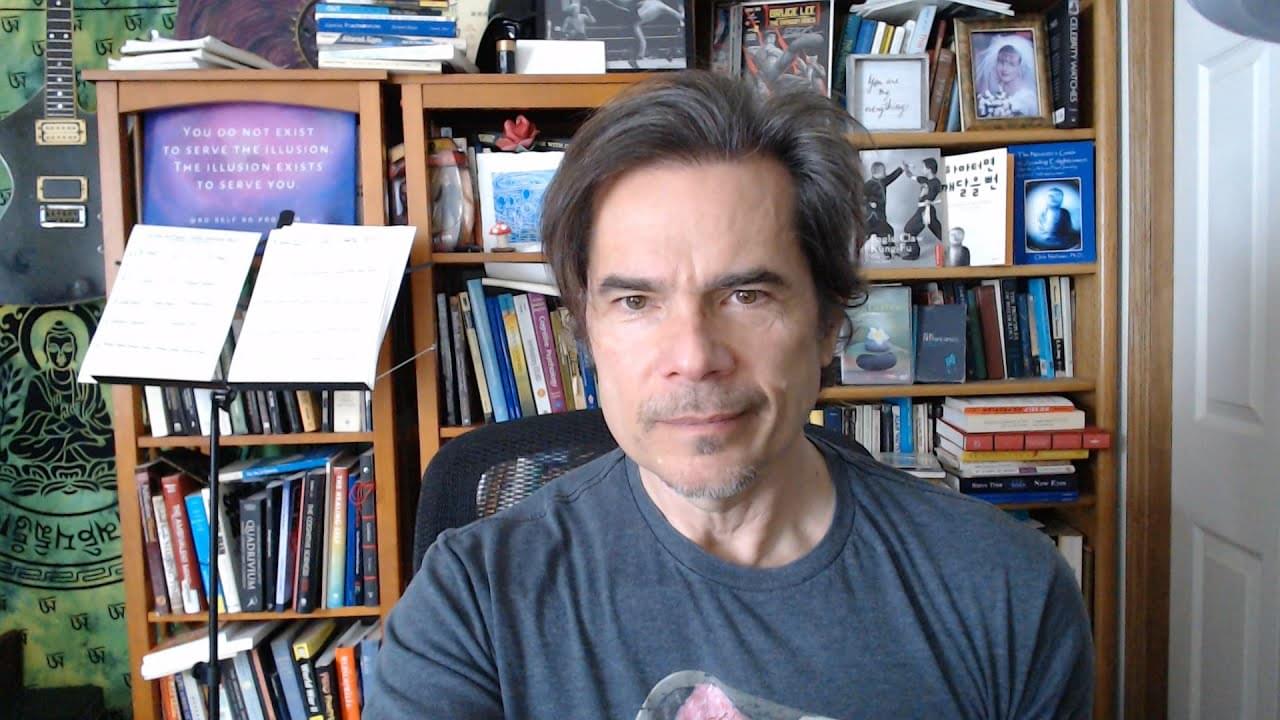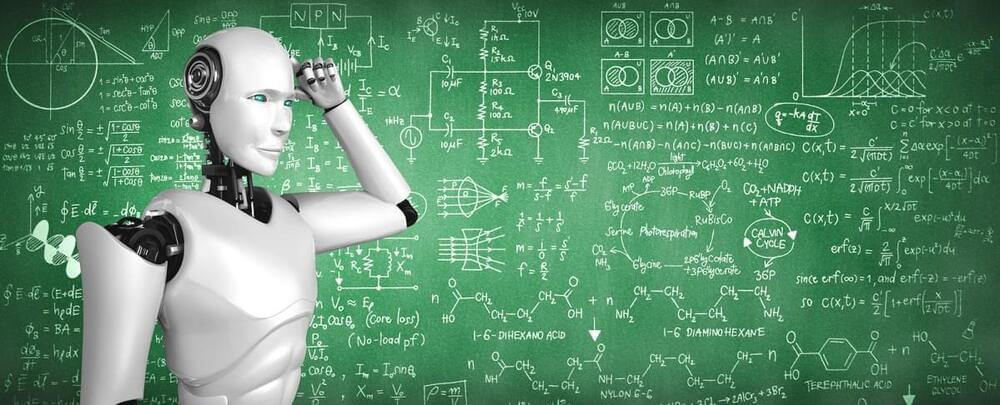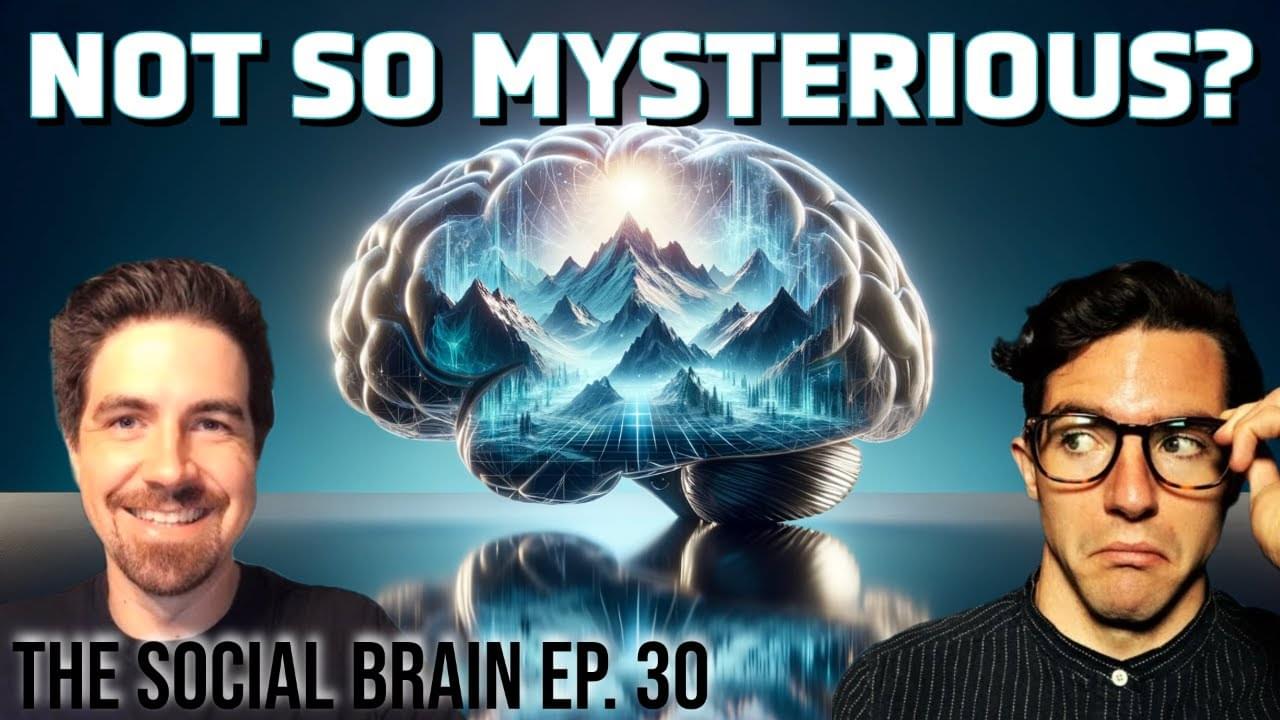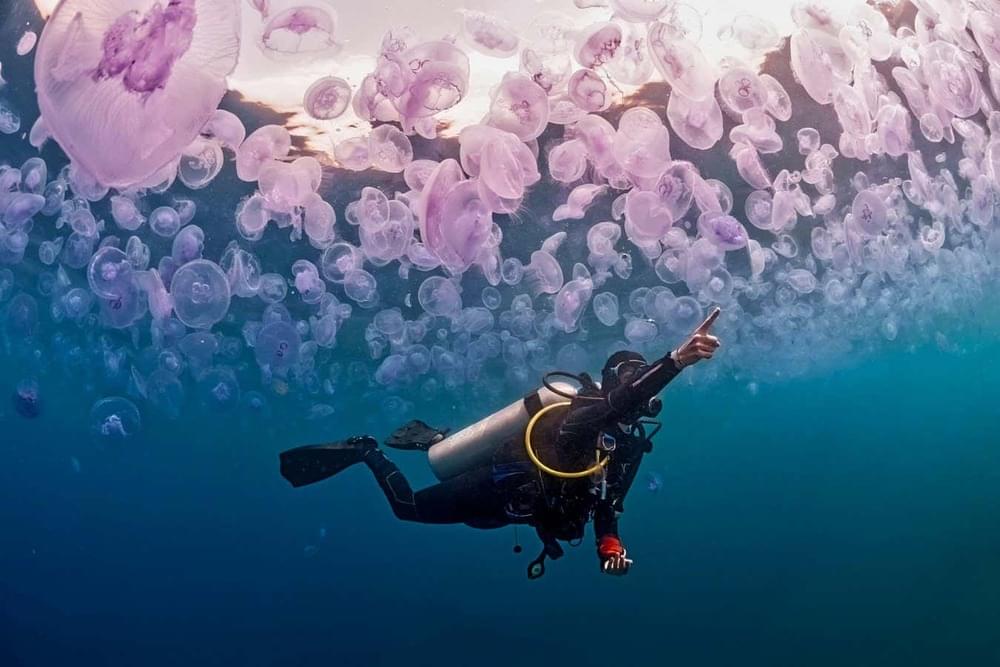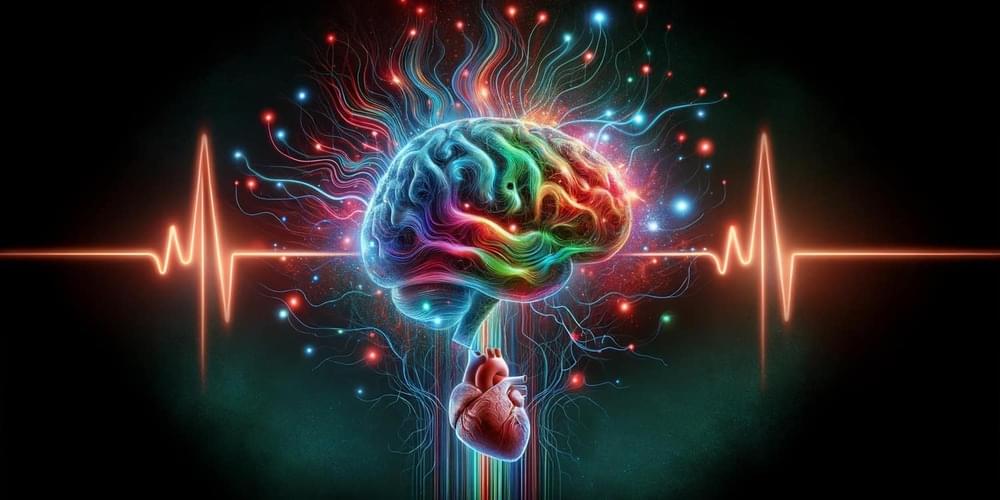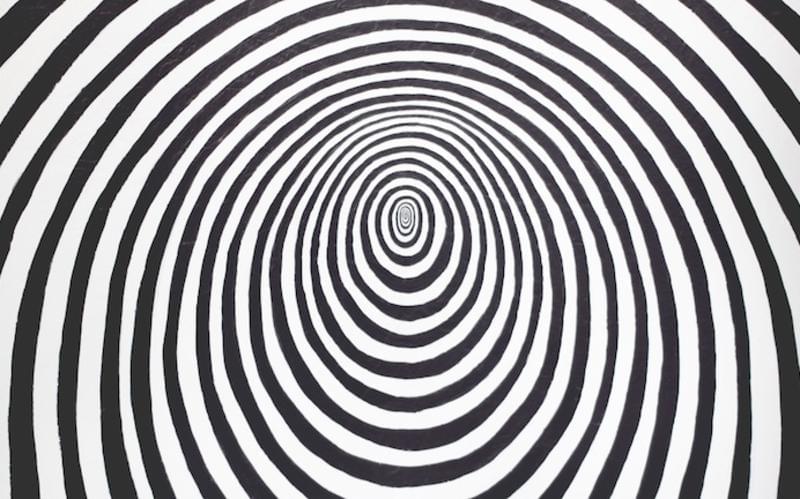
The idea that consciousness requires a self has been around since at least Descartes. But problems of infinite regress, neuroscientific studies, and psychedelic experiences point to a different reality. ‘You’ may not be what you seem to be, writes James Cooke.
We typically feel like we are the conscious subject, the one who has experiences. Look around you in this moment and direct your attention to different objects. It can feel like we exist in our heads, behind our eyes, directing a spotlight of attention in order to wilfully make things conscious. This intuitive model of the mind has often been imported into the science and philosophy of consciousness, leading to confusion in our understanding of the true nature of experience. This subject is not the bodily organism, it is something that is felt to live inside us, the possessor of the body, the “you” that is reading these words now. Consciousness is very much a property of the bodily subject, but not of the conscious subject that is felt to live in our heads.
Thinking in terms of conscious subjects was present at the very origins of the scientific method, in the work of Rene Descartes saw the natural world as unconscious mechanism. Humans alone were conceived of as being conscious by virtue of a transcendent subject that could illuminate our experience of the world [1]. If we want to understand consciousness, however, postulating the existence of an inherently conscious subject merely passes the buck of explanation. What makes that conscious subject conscious? If it is intrinsically conscious then consciousness has not been explained. If not, then what makes it conscious, another subject within it? With this logic we end up in an infinite regress, with consciousness never being explained. This view of the mind has been dubbed the Cartesian Theatre by philosopher Daniel Dennett [2].
